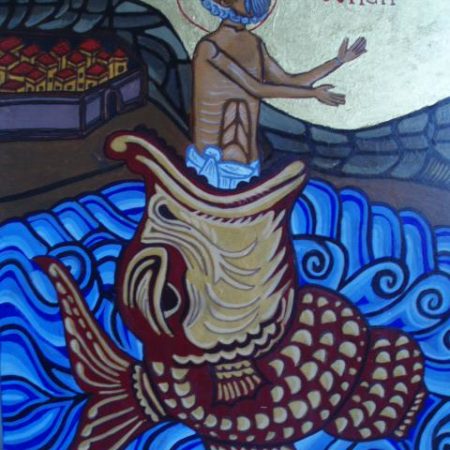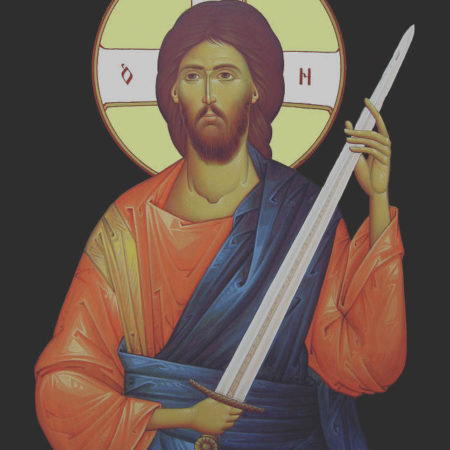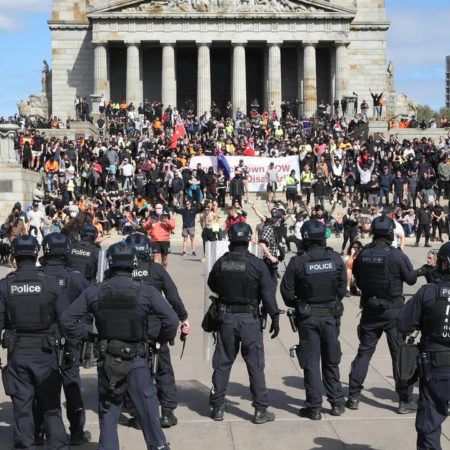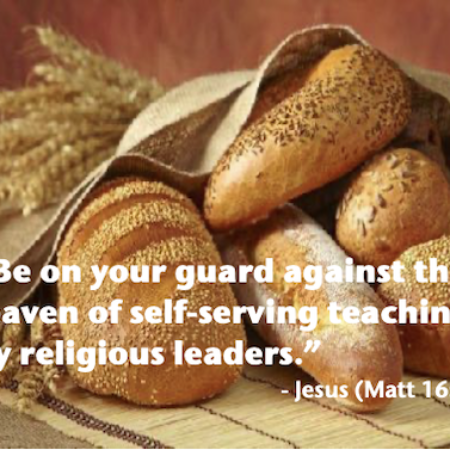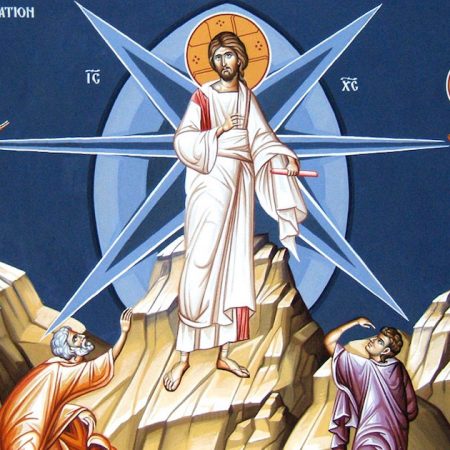In his suffering death, Jesus calls us to solidarity with all who suffer, and in his complete lack of vengefulness, the risen Christ offers the hope of healing from our violence.
Sermons on Violence
In order for men to step up and end the scourge of domestic violence, they need to experience themselves as loved and valued, liberating them to love others.
The story of Jonah challenges us whenever we start thinking that we have special rights as God’s people.
Many parts of the Bible can be and often are weaponised as tools of oppression, but when we read it critically, with and through the teachings and example of Jesus, it calls us to liberation and life.
If we keep imitating one another, paying back violence with vengeance, the world will be consumed in an escalating fury, but Jesus rescues us and gives us a life-giving example to follow.
God’s offer of unlimited forgiveness creates a new world in which we are free to stop judging one another and turning on one another and spiralling into violence and hatred.
Jesus did not come with the goal of making some gentle improvements to the status quo, but to disable the status quo by exposing its lies and revealing its victims. Without our culture being radically converted by that, the result is escalating chaos, to which Jesus offers himself as a victim and calls us to do the same.
The global social breakdown of which Jesus speaks is caused by the failure of our old oppressive ways of maintaining peace, but God has promised us a better way on the other side.
When we read scripture through the eyes of Jesus, we find a way free of the violent abusive images of God in some of the ancient texts.
In Jesus, rejoicing at our deliverance leads us not to retribution, but to a way of peace, living life for each other, praying for each other, and holding the good of each other before our own.
We live in amidst a culture of highly toxic, self-righteous, finger-pointing. Jesus calls us to a radical love which will stop the blame game but still speak transforming truth to those who oppress.
If we want to understand how Jesus saves us and what Jesus saves us from, we are going to have to abandon the most widely taught explanation.
Jesus shows us that even though there might be many things that don’t seem right to us, we would be wise to let many of them go and only fight the battles that really matter.
Self-interested leaders will frequently manufacture frightening images of an angry dangerous God to silence opposition and maintain their grip on power, but Jesus opens our eyes to these abuses and to the reality of a God of incorruptible love.
The stories of Moses, Elijah and Jesus on various mountain tops reveals a process of God’s self-revelation as the one who loves us and suffers for us.
We have been adopted as the children of a king who does not withhold his love until we comply, who does not ask us to sing for our supper, who does not use us or abuse us, but longs to bind up our wounds.
In our desire to see mercy and compassion expressed for the needy, we must beware of falling into desiring the exact opposite for those who have not shown mercy and compassion.
There are many stories in the Bible that can appear to portray God as involved in terrorist acts, but Jesus invites us to read them in new ways.
What would happen if violence were met with bread, with blankets, with hospitals, with forgiveness of debts?
God and religion misunderstood can be the cause of hostility, division and violence, but the God made known to us in Jesus is a God of grace who generously gives us life, freedom and reconciliation.



